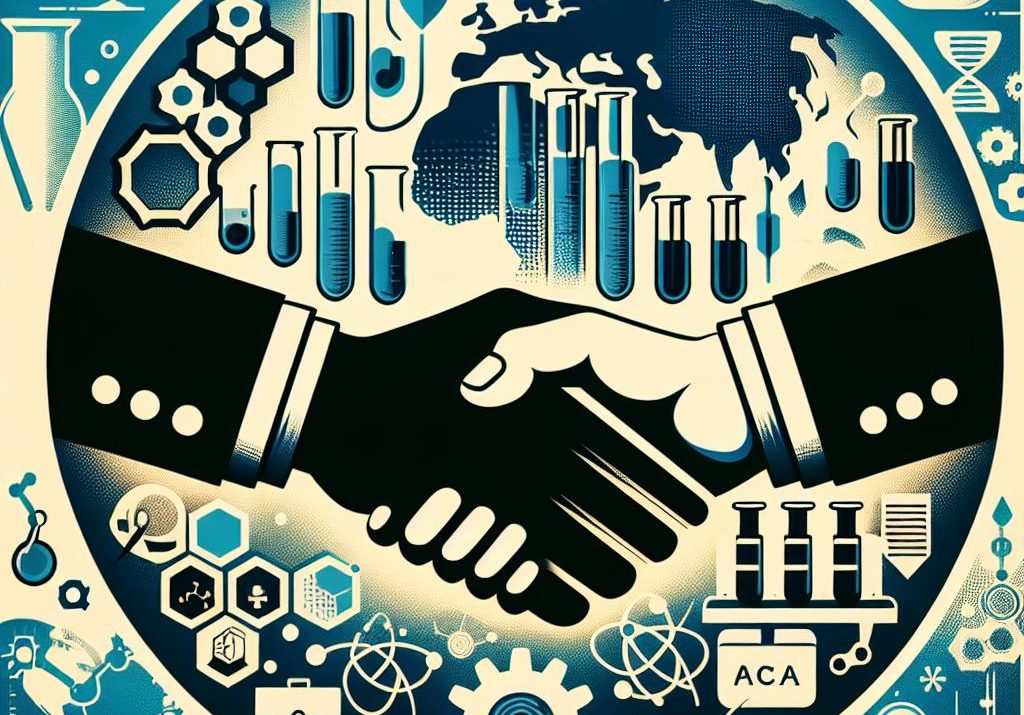Bio Usawa and Sartorius Stedim Biotech Forge Partnership to Bolster Africa’s Biopharma Capabilities
Bio Usawa, a Rwandan biotechnology company, and Sartorius Stedim Biotech have announced a strategic partnership to develop and manufacture biosimilars in sub-Saharan Africa. The collaboration aims to address the continent’s growing burden of both infectious and non-communicable diseases, including cancer, diabetes-related eye diseases, and autoimmune conditions. This move represents a significant investment in local biopharmaceutical production capacity and could signal a turning point in Africa’s access to critical medicines.
The partnership raises crucial questions about the long-term sustainability of biopharmaceutical manufacturing in Africa. Can this collaboration effectively address the complex challenges of technology transfer, infrastructure development, and skilled workforce creation? Successfully navigating these hurdles will be essential for ensuring that this initiative translates into tangible improvements in patient access. The partnership’s impact will be closely watched by other biopharma companies considering investments in emerging markets.
This partnership has significant implications for patients, healthcare providers (HCPs), and the broader African healthcare ecosystem. For patients, the promise of locally produced, affordable biosimilars offers hope for improved access to life-saving treatments. For HCPs, it could expand treatment options and improve patient outcomes. This collaboration also directly addresses the issue of health equity, aiming to reduce the disparity in access to innovative therapies between Africa and other regions.
The Bio Usawa and Sartorius Stedim Biotech partnership aligns with broader industry trends toward localized manufacturing and decentralized drug development. The COVID-19 pandemic exposed the vulnerabilities of global supply chains and underscored the need for regional self-sufficiency in essential medicines. This collaboration could serve as a model for future partnerships that seek to build biopharmaceutical capacity in underserved regions. Moreover, it reflects a growing recognition of the potential of emerging markets as both consumers and producers of innovative healthcare solutions.
Ultimately, the success of this partnership will depend on several factors: the ability to effectively transfer technology and expertise, the development of a robust local talent pool, and the creation of a sustainable business model. If successful, this collaboration could pave the way for a new era of biopharmaceutical innovation and accessibility in Africa, offering a compelling example of how strategic partnerships can drive positive change in global health. The long-term impact will depend on the partnership’s ability to navigate the complexities of local manufacturing, regulatory hurdles, and market access challenges. The initiative’s progress will undoubtedly be a key indicator of the evolving landscape of biopharmaceutical development in emerging markets.
Jon Napitupulu is Director of Media Relations at The Clinical Trial Vanguard. Jon, a computer data scientist, focuses on the latest clinical trial industry news and trends.







